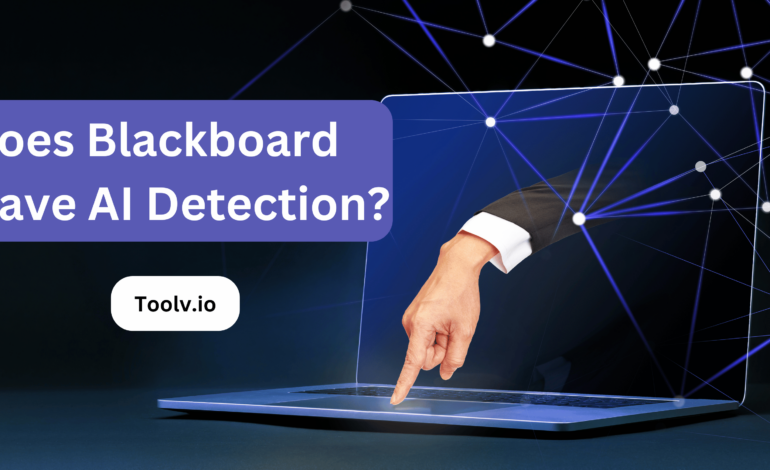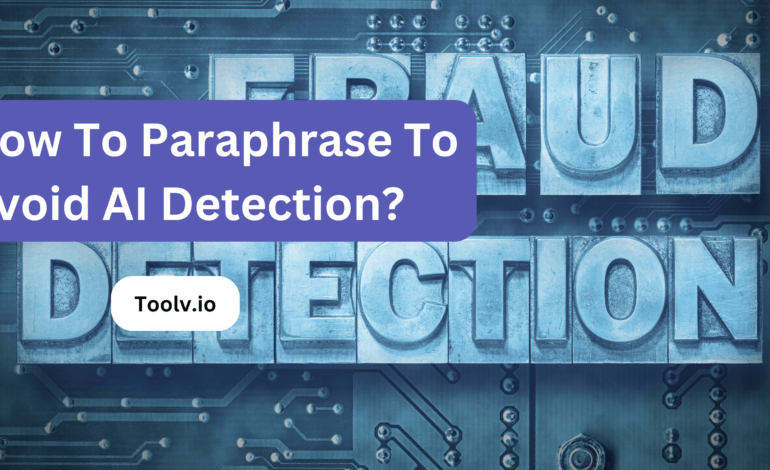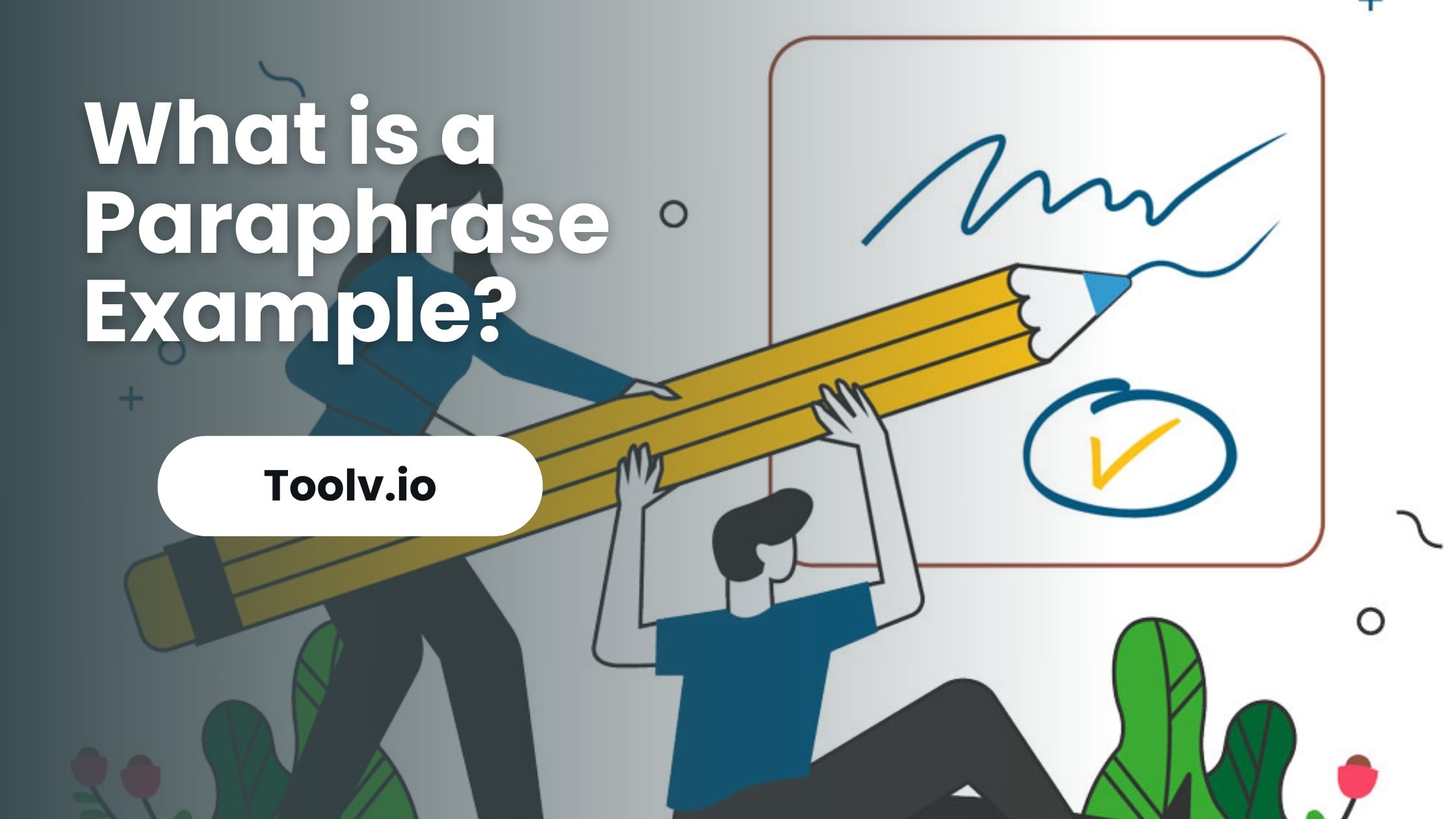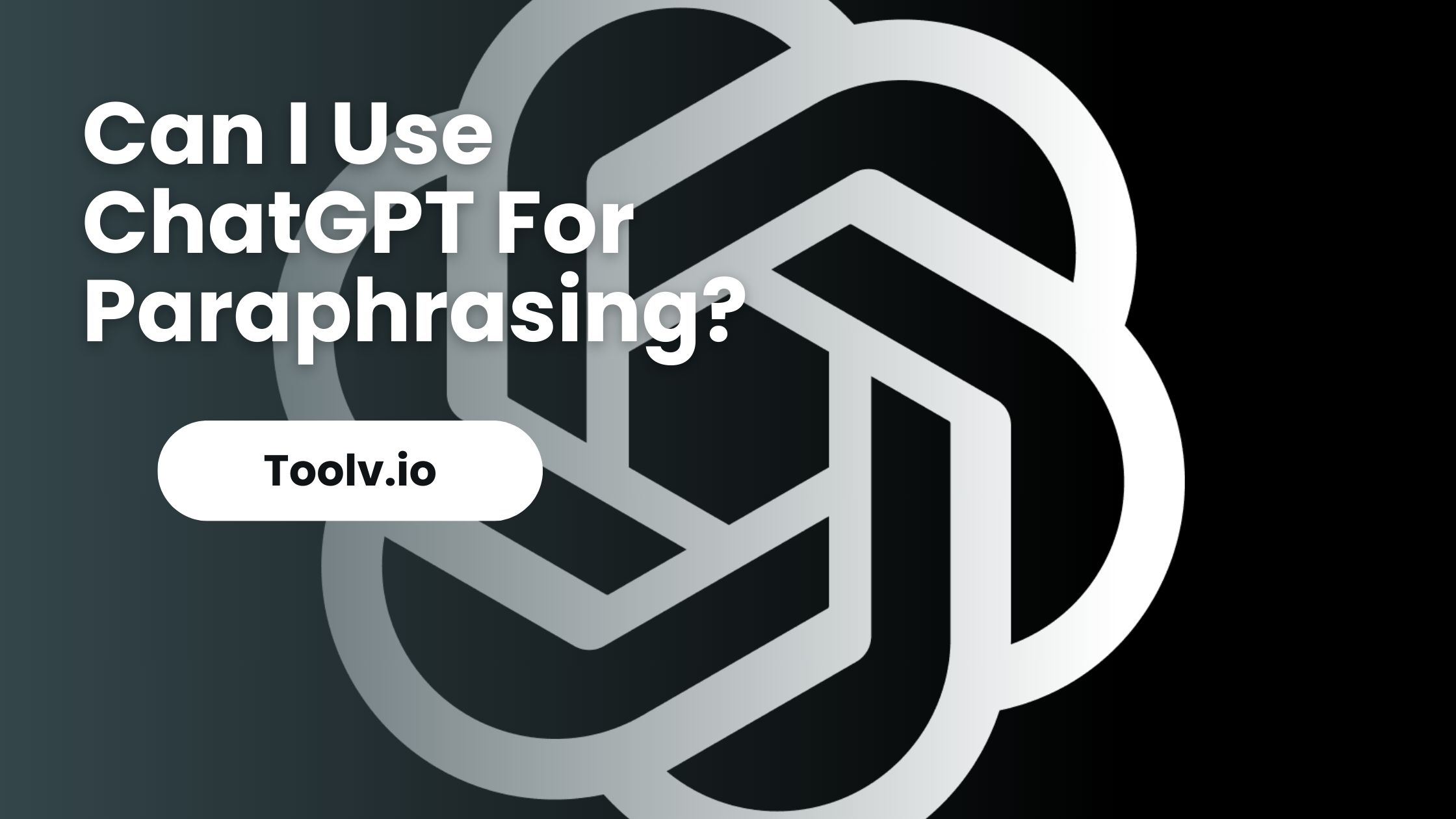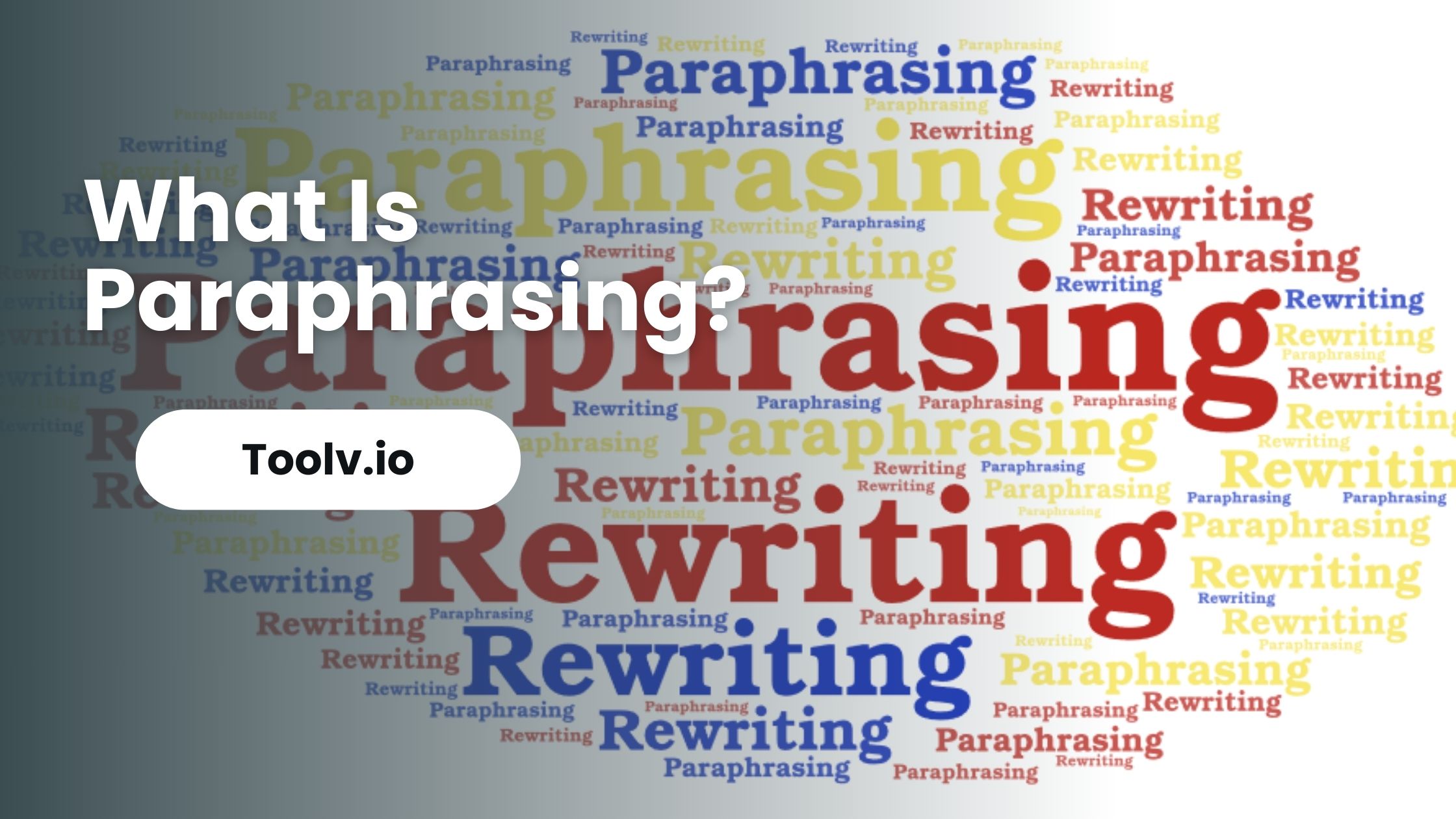How To Avoid AI Detection?
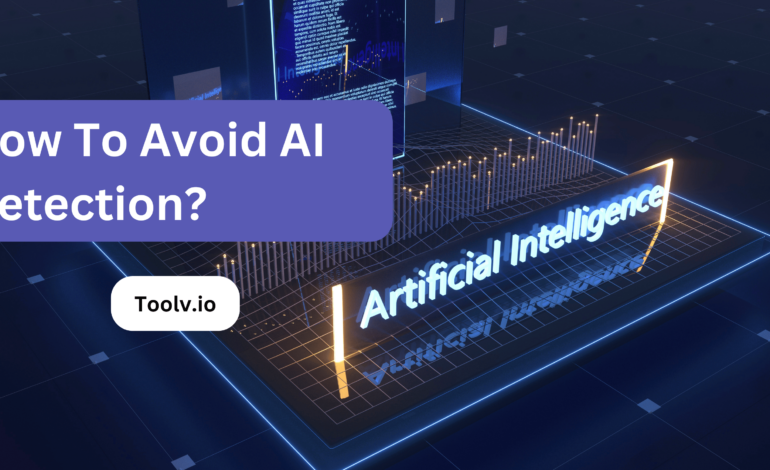
Artificial Intelligence (AI) detection systems are designed to identify automated interactions, often to maintain the integrity of online platforms. However, there may be legitimate reasons to avoid AI detection, such as testing your own security systems or ensuring privacy.
In this article, we will discuss practical and ethical methods to navigate around AI detection systems. We’ll explore strategies that balance effectiveness with respect for digital boundaries, aiming to enhance your understanding of AI interactions.
Understanding AI Detection
AI detection is about teaching computers to recognize patterns. Like when you spot a cat in a picture, AI can learn this too. It’s done by showing the AI lots of images, some with cats and some without, so it learns to tell the difference.
This learning process is called training. It’s similar to studying for a test. The more examples the AI sees, the better it gets. Once trained, the AI can look at a new picture and guess if there’s a cat in it, often with surprising accuracy.
AI detection is used in many ways, from filtering spam emails to helping doctors diagnose diseases. It’s like giving a computer a superpower to see and understand things, making our lives easier and safer in many ways.
Reasons to Avoid AI Detection
Avoiding AI detection can have various reasons, but it’s important to note that using AI for unethical or illegal activities is not encouraged. However, here are some legitimate reasons why someone might want to avoid AI detection:
- Privacy Concerns: Some individuals may want to protect their personal information and data from being collected or analyzed by AI systems, especially in the context of online tracking and surveillance.
- Research and Development: Researchers and developers working on AI-related projects may need to test their AI systems in an environment without interference from other AI systems or detection mechanisms.
- Security Testing: Ethical hackers and security professionals may want to test the vulnerabilities of AI systems and their ability to bypass security measures.
- Preventing Bias: AI systems can sometimes exhibit bias or discrimination. Individuals may want to avoid AI detection to ensure that they are treated fairly and without prejudice by AI algorithms.
- Competitive Advantage: In the business world, companies may want to protect their proprietary AI algorithms and models from being reverse-engineered or copied by competitors.
- Testing AI Robustness: Some individuals or organizations may want to test the robustness of AI systems by attempting to evade detection, helping improve the technology’s resilience.
- Privacy-Preserving Research: Researchers conducting studies related to privacy may need to evade AI detection to collect data without interference.
- Avoiding Annoyance: In some cases, people might want to avoid AI-driven advertisements or recommendations that they find annoying or intrusive.
It’s essential to emphasize that while there are legitimate reasons for evading AI detection, it should always be done within the boundaries of the law and ethical guidelines.
Strategies to Evade AI Detection
- Use Encrypted Communication: Utilize encrypted messaging services to protect your conversations from AI monitoring. End-to-end encryption ensures that only the intended recipient can read your messages.
- Anonymize Your Online Presence: Use tools like virtual private networks (VPNs) and the Tor network to hide your IP address and online activities. This can help protect your identity from AI-driven tracking.
- Modify Behavioral Patterns: Avoid consistent online behavior patterns that AI algorithms can detect. For example, vary the times you log in and out of accounts or change your search habits.
- Use Privacy-Focused Browsers: Opt for privacy-focused web browsers like Firefox with privacy extensions or the Brave browser, which minimize data collection.
- Disable Cookies and Tracking: Regularly clear cookies and use browser settings to block tracking cookies, preventing AI systems from profiling your online behavior.
- Limit Social Media Exposure: Be mindful of the information you share on social media platforms. Limit the amount of personal data you disclose publicly.
- Employ Ad Blockers: Install ad blockers to prevent AI-driven advertising networks from tracking your online activity and interests.
- Review Privacy Settings: Regularly review and update the privacy settings on your online accounts, including social media and email, to limit data sharing.
- Use Pseudonyms: When signing up for online services, consider using pseudonyms instead of your real name to maintain anonymity.
- Educate Yourself: Stay informed about the latest AI detection techniques and privacy measures to better protect your online presence.
Advanced Tips to Avoid AI Detection
Avoiding AI detection means making sure AI can’t tell if a human or a computer did something. It’s like playing hide and seek with a smart robot. You have to be sneaky and smart. There are ways to trick AI, but it’s important to use them carefully.
One way to avoid AI detection is to mix things up. Don’t do things in a pattern. Like, if you’re writing, change your style often. This confuses the AI because it’s looking for patterns. Also, take breaks and don’t rush. Quick actions can make the AI suspicious.
Another tip is to keep learning. AI keeps getting smarter, so staying ahead means always learning new tricks. Talk to others and share tips. Together, you can be better at staying hidden from AI. Remember, it’s a game of wits, and being creative and adaptive is your best bet.
The Future of AI Detection and Privacy
The future of AI detection and privacy is really important. As AI gets smarter, it can spot fake stuff like deepfakes. But this means it can also know a lot about us. We need to balance having smart AI and keeping our private stuff safe.
Companies are making rules to control AI and protect our privacy. They want AI to be helpful without crossing the line. It’s like having a smart helper who respects your space. We all need to understand and be part of this change to make sure it works well for everyone.
In simple words, as AI grows, so does the need to keep our private life safe. It’s about making AI smart and helpful, but also making sure it doesn’t know too much about us. We’re all in this together, shaping a future where AI is both cool and respectful of our privacy.
FAQs
What is AI detection, and why should I be concerned about it?
AI detection refers to the ability of artificial intelligence systems to recognize and identify various aspects of data, such as images, text, or patterns. You should be concerned about it because it’s used in many applications like security, content moderation, and even social media algorithms.
How can I avoid AI detection?
Avoiding AI detection can be tricky, but here are some basic tips: Use encryption to protect your data, be cautious about sharing personal information online, and use privacy-focused tools and browsers. Additionally, consider using VPNs to hide your IP address and use services that prioritize user privacy.
Is it possible to completely avoid AI detection?
It’s challenging to completely avoid AI detection in today’s digital world, especially with the widespread use of AI in various technologies. While you can take steps to minimize exposure, complete avoidance may not be feasible. Instead, focus on managing and controlling what you share and how you use technology.
What are the risks of not avoiding AI detection?
Not avoiding AI detection can have privacy implications. For example, your personal data could be used for targeted advertising, and sensitive information might be exposed. Additionally, in some cases, AI detection can be used for surveillance or tracking, which can raise concerns about security and personal freedom.
Conclusion
Avoiding AI detection might be difficult, but it is achievable with the appropriate strategy. The objective is to develop original information that does not follow common AI trends. This entails utilizing creative ideas, personal experiences, and a natural tone.
The Paraphrasing tool from Toolv.io comes in helpful for this. It’s fantastic for improving sentences so they seem more natural and less formulaic. It allows you to edit your material in a way that keeps it fresh and less AI-like, which is a significant advantage in avoiding AI detection.

